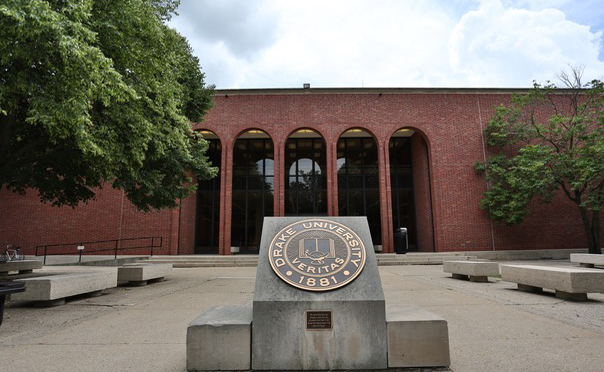Drake will host a free conference examining how local, state, national, and international demographics will change in coming years. Though the theme was chosen long before the presidential election, organizers say the conference is particularly relevant in the weeks after President Donald Trump’s controversial executive order restricting immigration and travel.
The 2017 Engaged Citizen Experience Conference, “Demographic Opportunities and Challenges: Domestic and International,” will be held Friday, Feb. 24, beginning at noon in the upper level of Drake’s Olmsted Center. The event is free and open to the public; advance registration is requested via the conference website. Learn more about the conference in the Drake Newsroom.

